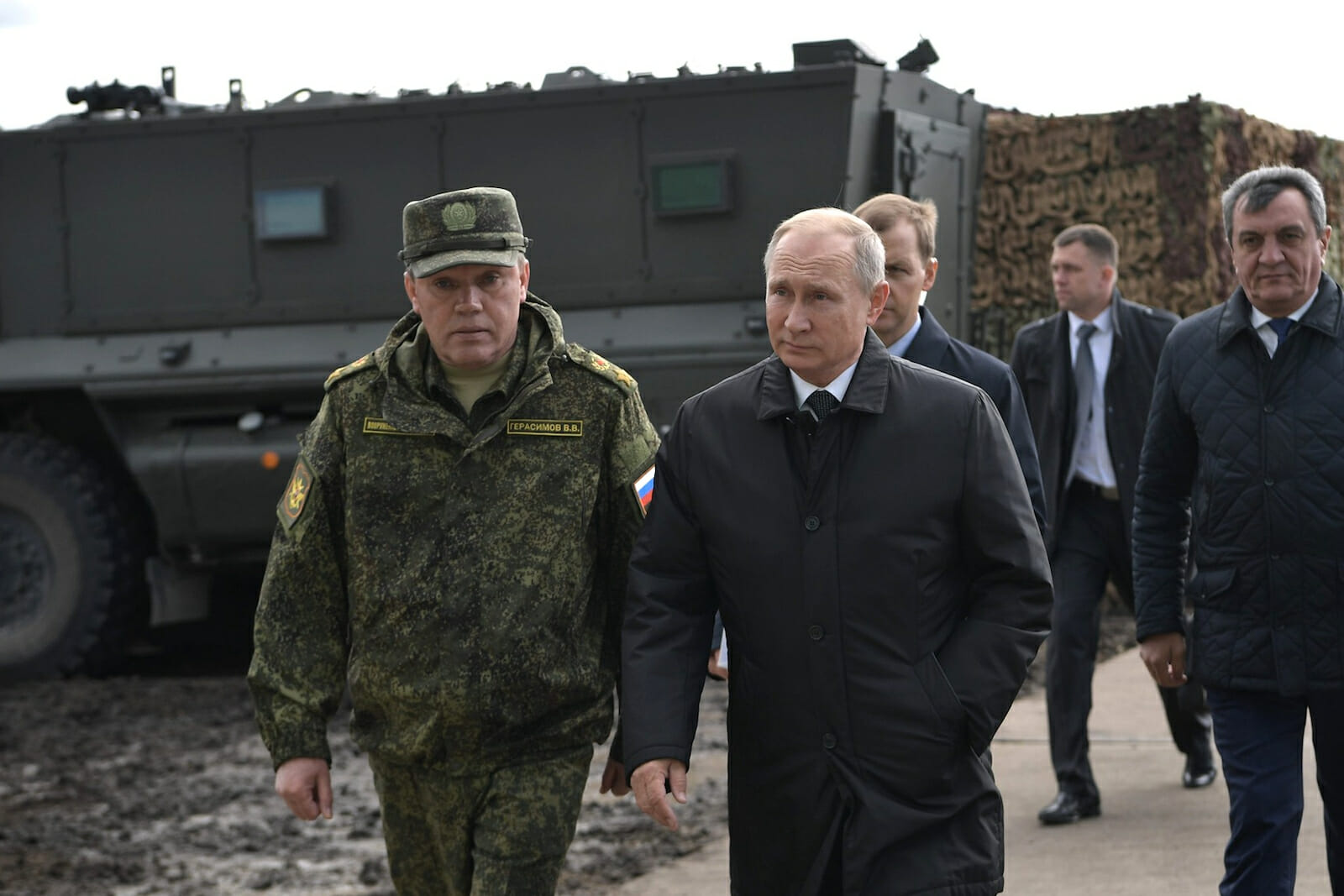
Russia’s Growing Clout in Asia-Pacific
In their strategic calculus, major Asia-Pacific powers do not consider Russia to be a major military power in the region. Although these Asia-Pacific countries understand Russia’s military clout in Europe and the Middle East, they somehow fail to see how overall Russian military might have an impact in the Asia-Pacific region as well.
Accordingly, the growing influence of Russia in the region receives less attention in regional media outlets, regional discussion platforms and think tank papers produced across the region. Despite the low coverage of its engagement in Asia-Pacific, Russia’s geopolitical presence is increasing in the region.
Although its military and economic involvements in Asia-Pacific reduced significantly after the demise of the Soviet Union, Russia has over the last decade improved and enhanced its military might significantly, making it a potent military power in the region.
Russia has been selling weapons and other advanced military technology to Asia-Pacific countries in order to bring these countries into its geopolitical orbit. Besides its close military relations with both China and India, Russia is increasingly building good relations with Bangladesh, Indonesia, Malaysia, Myanmar, Pakistan, the Philippines and Thailand.
Furthermore, Russia is on a spree of building infrastructures in several Asia-Pacific countries which would make those countries dependent on Russia for the proper functionality of those infrastructures. Take Bangladesh’s nuclear plant for example. Russia is setting up a nuclear-powered power plant in Bangladesh, and this infrastructure would certainly make Bangladesh dependent on Russia for the technological aspects of the project. Bangladesh has also been purchasing heavy weapons and military vehicles from Russia.
This year, many regional countries were alarmed by Russia’s large scale war games. The fact that the war games were conducted in the eastern part of Russia – which forms part of the Asia-Pacific region, unlike Russia’s western part that forms part of Europe – makes it an alarming development for the Asia-Pacific region.
According to an Australian news website, the war games, named Vostok-2018 or East-2018, involved more than 300,000 troops, 36,000 tanks, 1,000 aircraft, helicopters and drones and 80 warships and support vessels.
More alarming was the inclusion of the Chinese military into the war games. Around 3,500 Chinese troops were said to have taken part in the war games. Troops from Mongolia also participated in the drills.
Sergei Shoigu, the Russian Defense Minister, boasted about the drills saying, “Imagine 36,000 military vehicles moving at the same time: tanks, armored personnel carriers, infantry fighting vehicles – and all of this, of course, in conditions as close to a combat situation as possible.”
Condemning the drills, NATO said the war games “demonstrates Russia’s focus on exercising large-scale conflict.”
